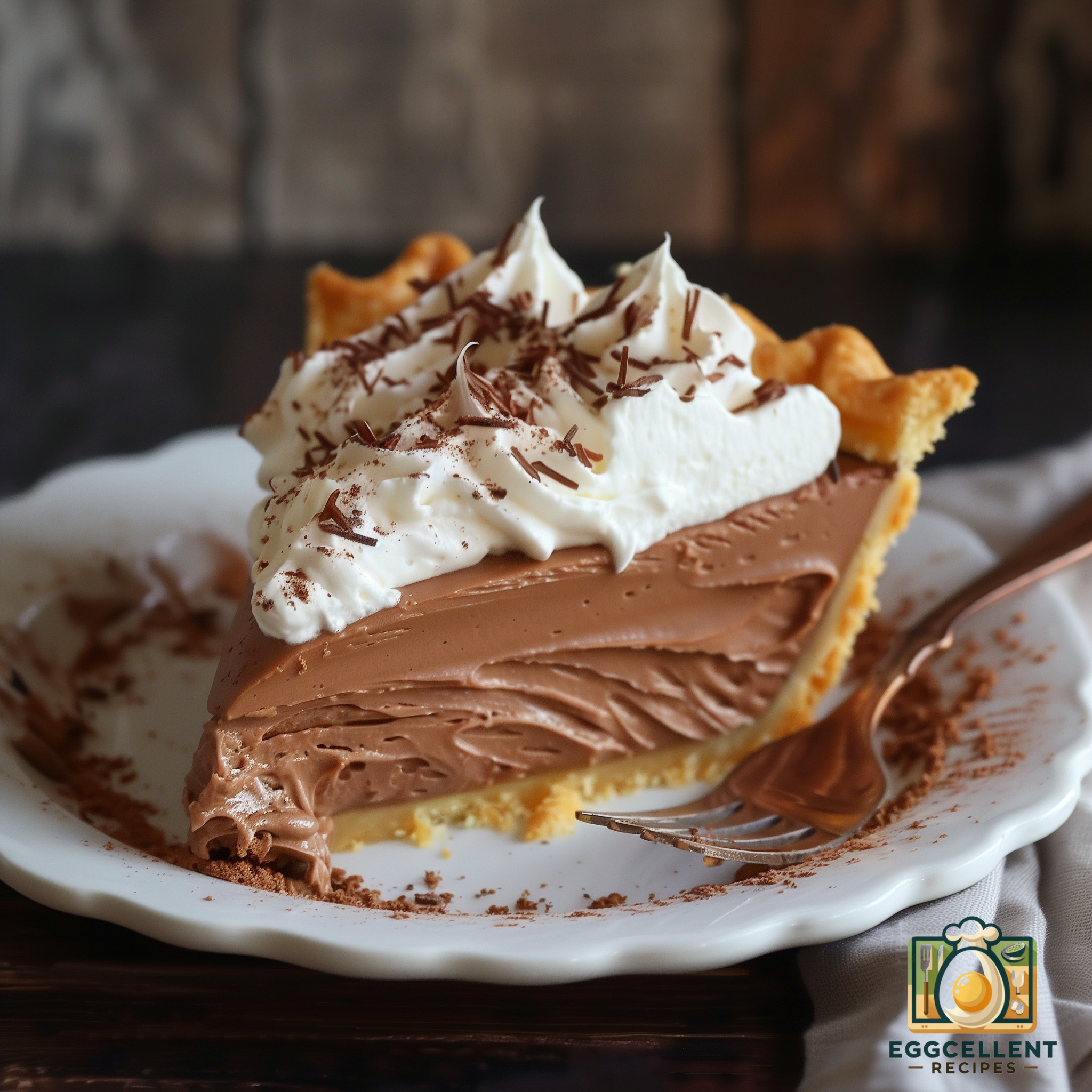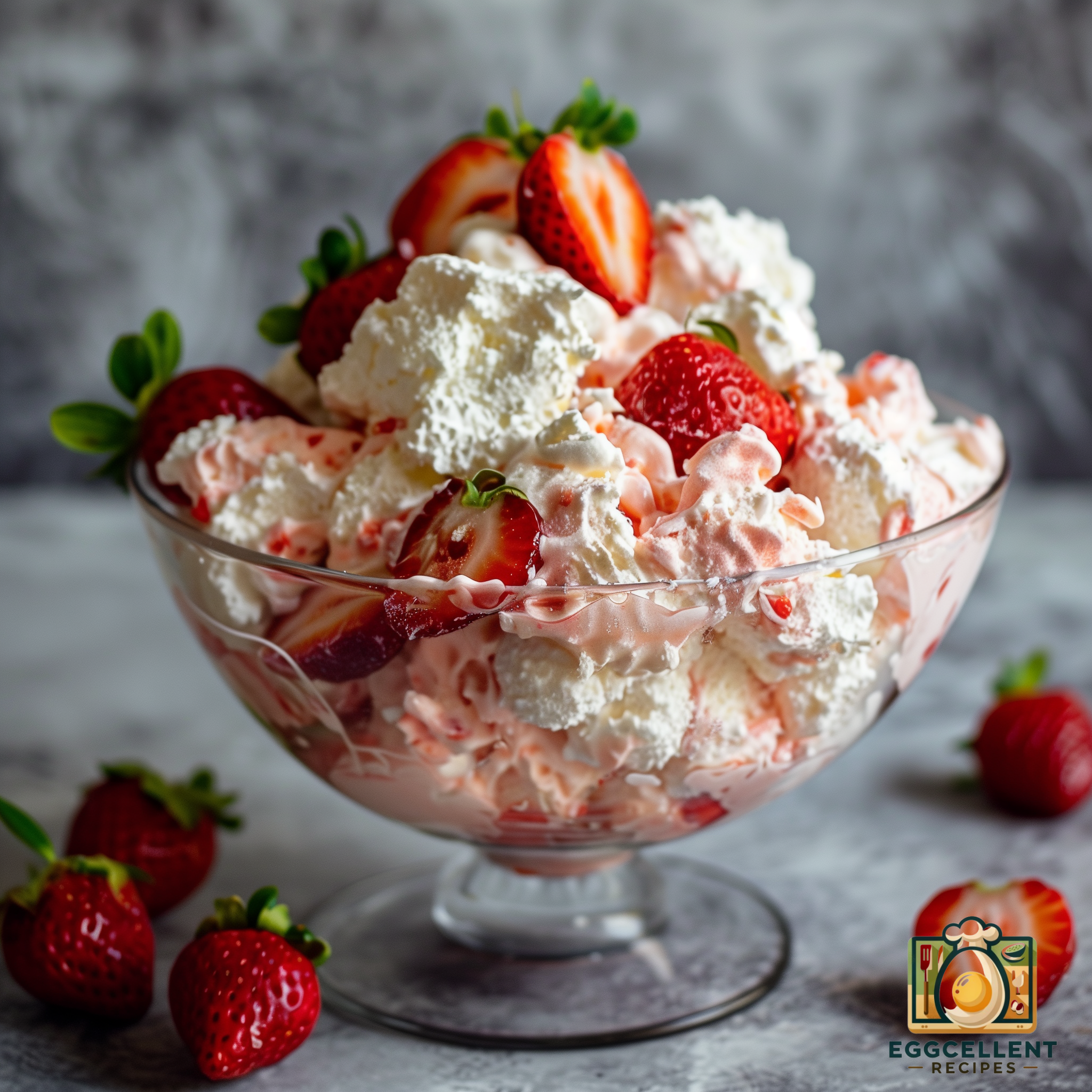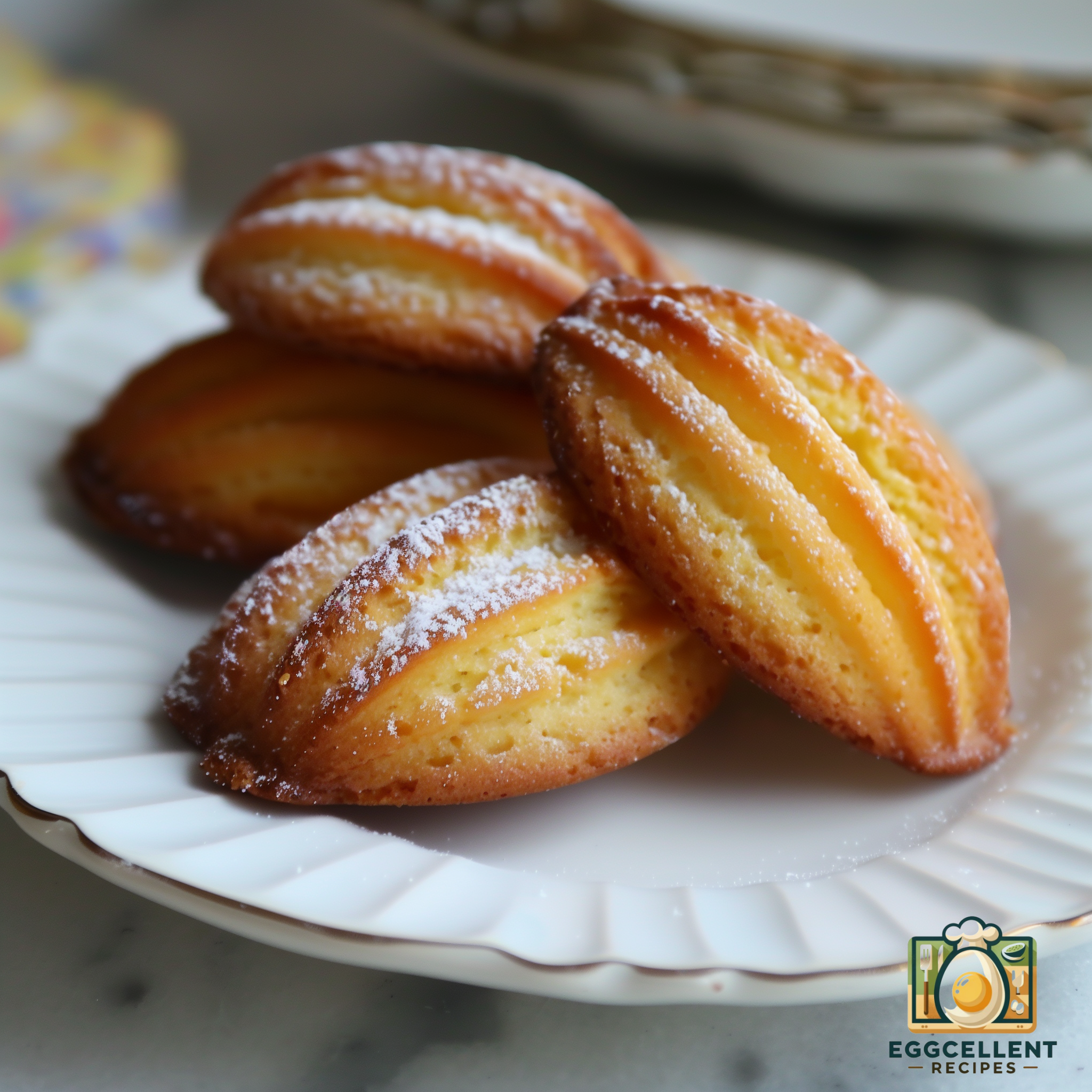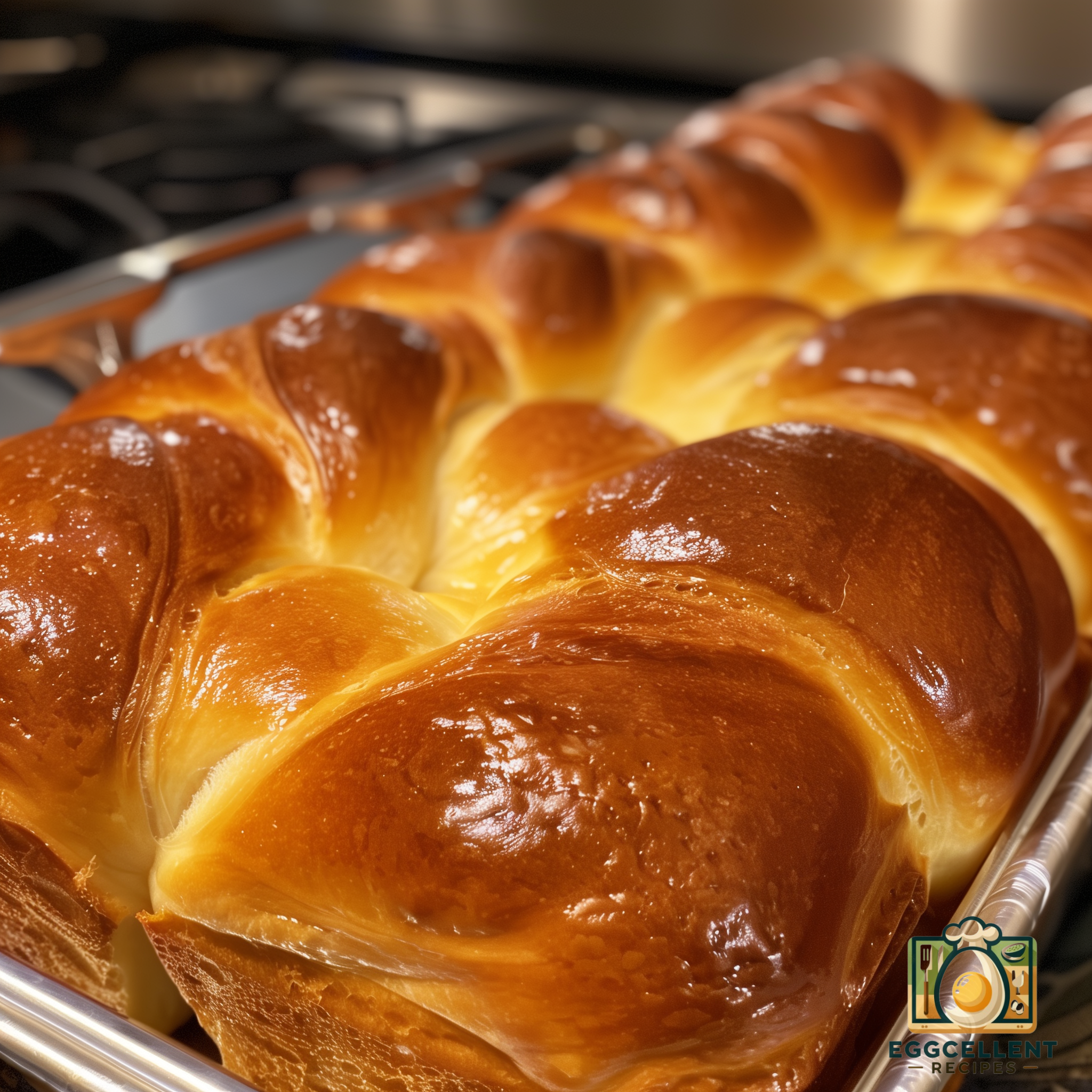Overview
Introduction to eggs in baking
Eggs play a crucial role in baking, bringing a multitude of benefits to the final product. They provide structure, moisture, and richness, while also acting as a leavening agent. In addition, eggs contribute to the overall flavor and color of baked goods. Whether it’s a cake, cookies, or bread, understanding the importance of eggs in baking is essential for home bakers looking to achieve delicious and successful results.
Importance of eggs in baking
Eggs play a crucial role in baking, serving as a binding agent, providing structure, and adding moisture to baked goods. They also contribute to the flavor and color of the final product. The proteins in eggs coagulate during baking, helping to set the structure of the baked goods. Additionally, eggs act as emulsifiers, helping to create a smooth and uniform texture in cakes, cookies, and other baked treats. Whether it’s a fluffy cake or a chewy cookie, eggs are an essential ingredient that brings both taste and texture to baked goods.
Different types of eggs used in baking
There are several different types of eggs that are commonly used in baking. The most common type is chicken eggs, which are readily available and versatile. Duck eggs are another option, and they are known for their rich flavor and larger size. Quail eggs are smaller and have a delicate flavor, making them a popular choice for decorative purposes. Some bakers also use goose eggs, which have a larger yolk and a richer taste. Regardless of the type of egg used, eggs play a crucial role in baking by providing structure, moisture, and richness to baked goods.
Choosing the Right Eggs
Freshness of eggs
Freshness of eggs is crucial in baking. Using fresh eggs ensures that your baked goods will have the best texture and flavor. To determine the freshness of an egg, you can perform a simple test. Fill a bowl with water and gently place the egg in it. If the egg sinks to the bottom and lays flat on its side, it is fresh. If it stands upright on the bottom, it is still good to use but not as fresh. If the egg floats to the top, it is no longer fresh and should be discarded. It is recommended to use fresh eggs for the best baking results.
Size of eggs
When it comes to baking, the size of eggs can make a difference in the final outcome of your baked goods. Eggs are a crucial ingredient in many recipes, providing structure, moisture, and flavor. It’s important to use the right size of eggs as specified in the recipe to ensure the best results. In general, most recipes call for large eggs, which are the standard size found in grocery stores. However, some recipes may require different sizes of eggs, such as medium or extra-large. It’s always a good idea to check the recipe and use the recommended size of eggs to achieve the desired texture and taste in your baked treats.
Organic vs. conventional eggs
When it comes to choosing eggs for baking, one important consideration is whether to use organic or conventional eggs. Organic eggs are produced by hens that are raised on organic feed and are not treated with antibiotics or hormones. These eggs are often considered to be of higher quality and have a more intense flavor. On the other hand, conventional eggs are produced by hens that are typically raised in cages and may be treated with antibiotics and hormones. While conventional eggs are generally more affordable, some people prefer to use organic eggs for their baking because they believe it results in a superior taste and supports more sustainable farming practices.
Eggs as Binders
Role of eggs as binders
Eggs play a crucial role as binders in baking. When mixed with other ingredients, eggs help to hold the ingredients together, creating a cohesive and stable structure. The proteins in eggs coagulate during the baking process, providing strength and stability to the final baked goods. Additionally, eggs also contribute moisture and richness to the baked goods, resulting in a tender and flavorful texture. Whether it’s in cakes, cookies, or breads, eggs are an essential ingredient for achieving the perfect texture and structure in baked goods.
Substitutes for eggs as binders
Eggs play a crucial role in baking, acting as binders that help to hold ingredients together and provide structure to baked goods. However, there are times when you may need to find substitutes for eggs, whether due to dietary restrictions or simply because you’ve run out. Fortunately, there are several options available that can serve as effective binders in baking. Common substitutes for eggs include mashed bananas, applesauce, yogurt, and silken tofu. These alternatives not only provide the necessary binding properties but also add moisture and flavor to your baked treats. Experiment with different substitutes to find the one that works best for your recipe and enjoy the delicious results!
Tips for using eggs as binders
Eggs are not only a staple ingredient in baking, but they also play a crucial role as binders. When it comes to using eggs as binders, there are a few tips that can help home bakers achieve the best results. First and foremost, it is important to use fresh eggs for optimal binding properties. Additionally, incorporating eggs at room temperature can ensure better emulsification and distribution in the batter. For those looking to make healthier choices, there are plenty of egg recipes that offer nutritious alternatives. From egg white substitutes to plant-based options, home bakers can experiment with various ingredients to create delicious and healthy treats. Whether it’s for a cake, cookies, or bread, eggs serve as a reliable binder to bring all the ingredients together and create a cohesive texture.
Eggs as Leavening Agents
How eggs contribute to leavening
Eggs play a crucial role in leavening baked goods. When beaten, eggs incorporate air into the batter, resulting in a light and fluffy texture. Additionally, eggs contain proteins that coagulate during baking, providing structure to the final product. The proteins in eggs also help to retain moisture, preventing the baked goods from drying out. Overall, eggs are an essential ingredient in baking, contributing to the leavening and texture of the final product.
Using eggs to create light and fluffy texture
When it comes to creating light and fluffy textures in baking, eggs play a crucial role. Their unique protein structure helps to trap air and create a lift in the batter, resulting in a soft and airy texture. Eggs also contribute to the moisture and richness of baked goods, making them more tender and flavorful. Whether you’re making cakes, cookies, or breads, using eggs in your recipes is essential for achieving that perfect light and fluffy texture that every home baker desires.
Alternative leavening agents for egg-free baking
Eggs play a crucial role in baking, providing structure, moisture, and richness to a variety of baked goods. However, for those who follow an egg-free diet or have allergies, finding alternative leavening agents is essential. There are several options available that can mimic the effects of eggs in baking. One popular alternative is using mashed bananas or applesauce, which can add moisture and help bind ingredients together. Another option is using yogurt or buttermilk, which can provide moisture and a tangy flavor. Additionally, baking powder and baking soda can be used as leavening agents to help create a light and fluffy texture in baked goods. Experimenting with these alternative leavening agents can open up a world of possibilities for egg-free baking, allowing home bakers to enjoy delicious treats without compromising on taste or texture.
Eggs as Moisture Providers
The role of eggs in adding moisture
Eggs play a crucial role in adding moisture to baked goods. When eggs are mixed into the batter, they contribute water content, which helps to keep the baked goods moist and tender. The proteins in eggs also help to retain moisture during the baking process, resulting in a soft and moist texture. Additionally, eggs act as emulsifiers, helping to bind the ingredients together and create a smooth and cohesive batter. Overall, eggs are essential for achieving the perfect level of moisture in baked goods and ensuring a delicious end result.
Using eggs to prevent dryness in baked goods
Eggs play a crucial role in preventing dryness in baked goods. Their natural moisture content helps to keep the texture moist and tender. When eggs are mixed with other ingredients, they act as a binding agent, holding everything together and preventing the baked goods from becoming too crumbly. Additionally, eggs contribute to the overall structure and stability of the baked goods, resulting in a more evenly baked and well-rounded product. Whether it’s a cake, muffin, or cookie, incorporating eggs into your recipes is essential for achieving delicious and moist baked goods.
Substitutes for eggs as moisture providers
When it comes to baking, eggs play a crucial role in providing moisture to the batter. However, there are times when you may not have eggs on hand or may need to avoid them due to dietary restrictions. In such cases, there are several substitutes that can be used as moisture providers in your baked goods. Some popular options include applesauce, mashed bananas, yogurt, and buttermilk. These alternatives not only add moisture to the batter but also contribute to the flavor and texture of the final product. Experimenting with different substitutes can lead to delicious and unique creations in your baking endeavors.
Conclusion
Summary of the importance of eggs in baking
Eggs play a crucial role in baking, serving as a binding agent, leavening agent, and providing moisture and richness to baked goods. They contribute to the structure and texture of the final product, helping it rise and giving it a tender and moist crumb. Additionally, eggs add flavor and color to baked goods, making them more appealing and delicious. Whether it’s a fluffy cake, a chewy cookie, or a tender pastry, eggs are an essential ingredient that enhances the taste, texture, and overall quality of baked goods.
Tips for using eggs effectively in baking
Eggs are a crucial ingredient in baking and can greatly impact the texture, flavor, and structure of baked goods. To use eggs effectively in baking, it is important to consider a few key tips. Firstly, always use fresh eggs as they provide better results. Secondly, make sure to bring eggs to room temperature before adding them to the batter, as this helps with better incorporation and a smoother texture. Additionally, it is important to properly measure the eggs according to the recipe to maintain the desired balance of moisture and structure. Lastly, don’t be afraid to experiment with different types of eggs, such as free-range or organic, as they can add a unique flavor profile to your baked goods. By following these tips, home bakers can ensure their baked creations turn out delicious and perfectly textured.
Experimenting with eggs in different recipes
Eggs are a versatile ingredient that can greatly influence the outcome of baked goods. When it comes to experimenting with eggs in different recipes, home bakers have the opportunity to explore various techniques and achieve unique results. Whether it’s adjusting the number of eggs, using only egg whites or yolks, or even substituting eggs with alternative ingredients, such as applesauce or yogurt, the possibilities are endless. By understanding the role of eggs in baking and being open to trying new approaches, home bakers can elevate their creations and add a personal touch to their favorite recipes.






